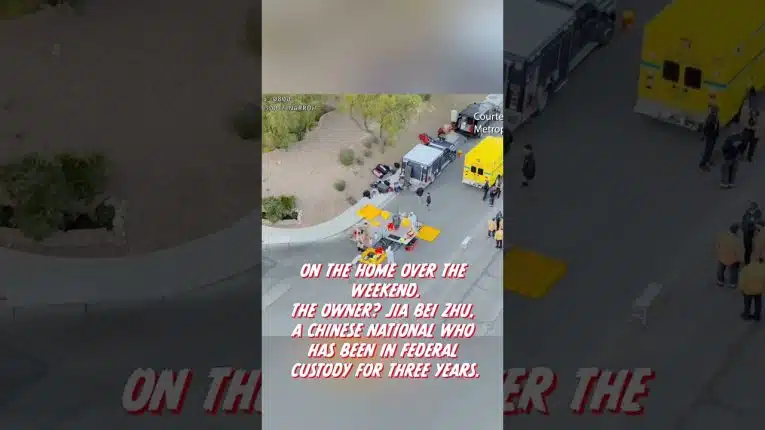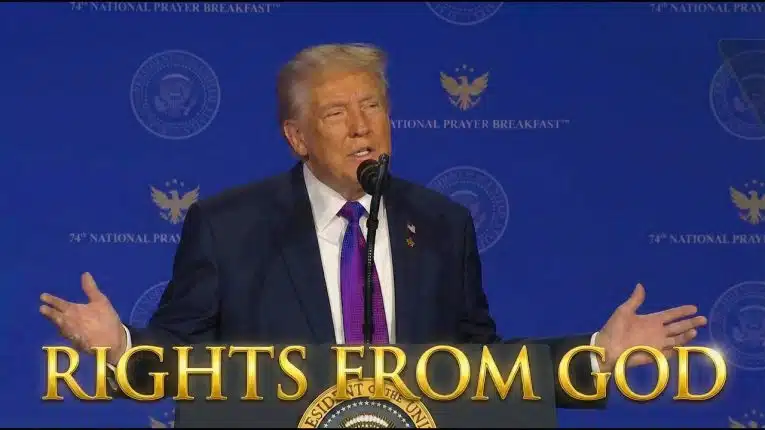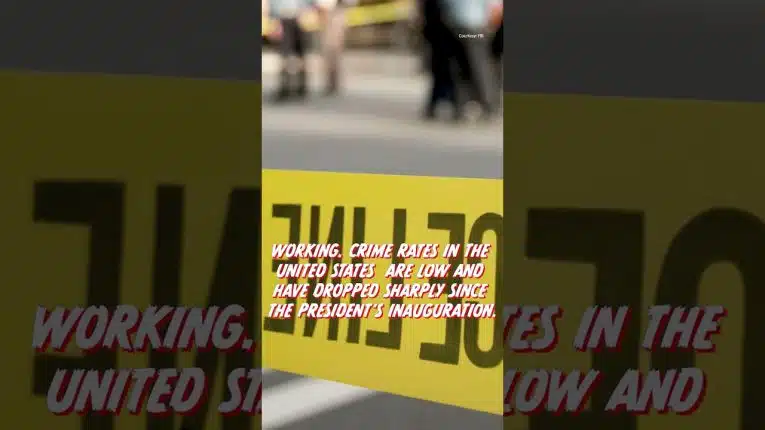
A little-covered survey about how Americans view voter fraud was released from YouGov this week, and the results are distinct. Americans broadly support a multitude of measures aimed at reducing voter fraud after highly questionable ballot processing and election day issues called the 2020 election results into question.
According to the survey, three-quarters of Americans (75 percent) support requiring a photo ID to vote, and nearly the same amount (74 percent) support requiring proof citizenship to vote.
Let it be noted that many states accept “a signature” but no photograph to visually match the individual standing in front of them to the alleged name of the voter. Several states request no form of identification at all, whether that be an identification document, signature, or a photo ID.
Support for requiring a photo ID to vote is broad, with 58 percent of Democrats, 74 percent of independents, 70 percent of Hispanics, and 66 percent of Blacks supporting a photo ID requirement. That said, a full 28 percent of Democrats and 30 percent of likely Harris voters oppose a photo ID requirement.
The public also strongly supports the idea of allowing election observers to watch over the election process, including the handling of absentee ballots, which caused controversy in 2020. Americans say election volunteers should be able to watch over the process, including the handling of absentee ballots, by a margin of 73 percent to 12 percent.
Americans also say by a greater than two-to-one margin (44 percent to 18 percent), they believe those who sign up to be election observers are more interested in protecting election integrity than on “intimidating voters”, as some Democrats have alleged.
Elections are far less secure than they could be, and many left-wing states are pushing for less security, not more. Less than half of U.S. states currently require a photo ID to vote, with many states allowing those who request a ballot to provide a “signature” and no photograph. Twenty-four states ask voters to present IDs with a photo to cast their ballot, while eleven states request “other identification” which can be a signature or non-photo document. Fifteen states, including California, Minnesota, New Mexico, Nevada, Washington, and a bulk of New England states including Maine, New York, and Vermont, do not require identification in order to vote.
Even proof of citizenship – something you would think would be a basic requirement – is controversial among left-wing extremists who seek to capitalize on a flood of illegal aliens into the nation.
The House of Representatives, led by Republicans, passed a proof-of-citizenship requirement for voter registration in July of this year, but that bill is likely to die in the Democrat-heavy Senate unless power shifts on Nov. 5.
The House legislation requiring proof of citizenship to vote was also strongly opposed by the Biden-Harris administration, something Vice President Harris should be asked to explain if she ever appears in front of the press before November.
Americans are concerned about a patchwork of lax voter ID laws across the country, and largely believe a photo ID and proof of U.S. citizenship should be the standard to participate in elections.
The bulk of Americans are also supportive of election onlookers overseeing the election process including ballot processing to ensure nothing is amiss. Addressing voter concerns about the election should not be controversial – most Americans strongly support enforcing the law. We can’t say the same thing for everyone in government, which is troubling.
Manzanita Miller is the senior political analyst at Americans for Limited Government.






